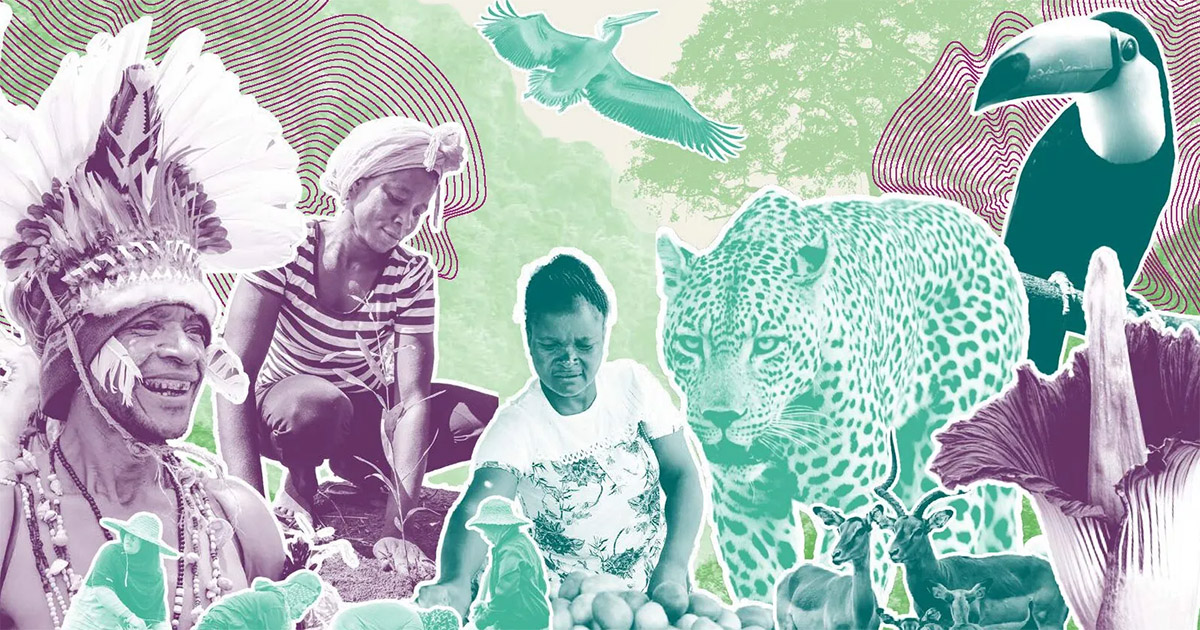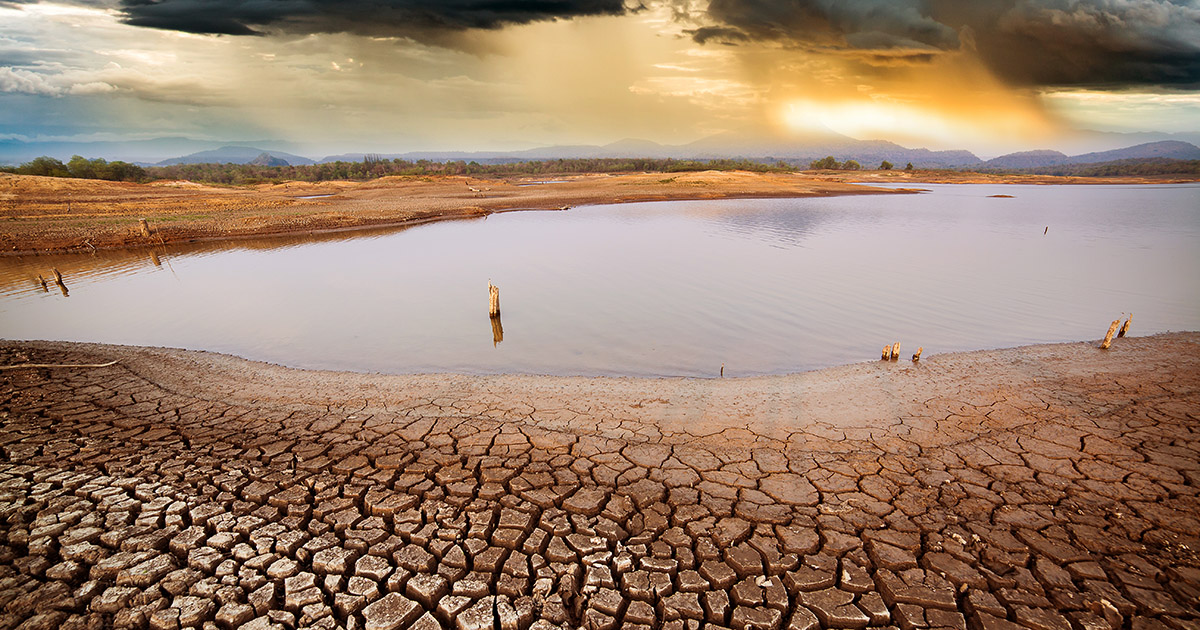The vegetative propagation of leafy stem cuttings of high-value tropical trees using non-mist propagators is an important part of the World Agroforestry Centre's tree domestication programme. As the programme develops in the region, the need to scale-up the technology is becoming urgent. A vegetative propagation technology that is robust, adaptable and attractive to small-scale rural farmers without the need for an expensive extension system is crucial for success. This report is part of a larger on-going study to evaluate the constraints in the practice of vegetative propagation of poor rural farmers in the forest and humid savannah zones of southern, central and western Cameroon, and to tailor technology to their means and realities. The study was carried-out, through participatory on-the-spot analysis and practical evaluation of innovations with farmers following end of year group reflection meetings within the course of agroforestry research and development activities at pilot nurseries in Cameroon.
DOI:
https://doi.org/10.1080/14728028.2004.9752478
Dimensões Contagem de citações:



















